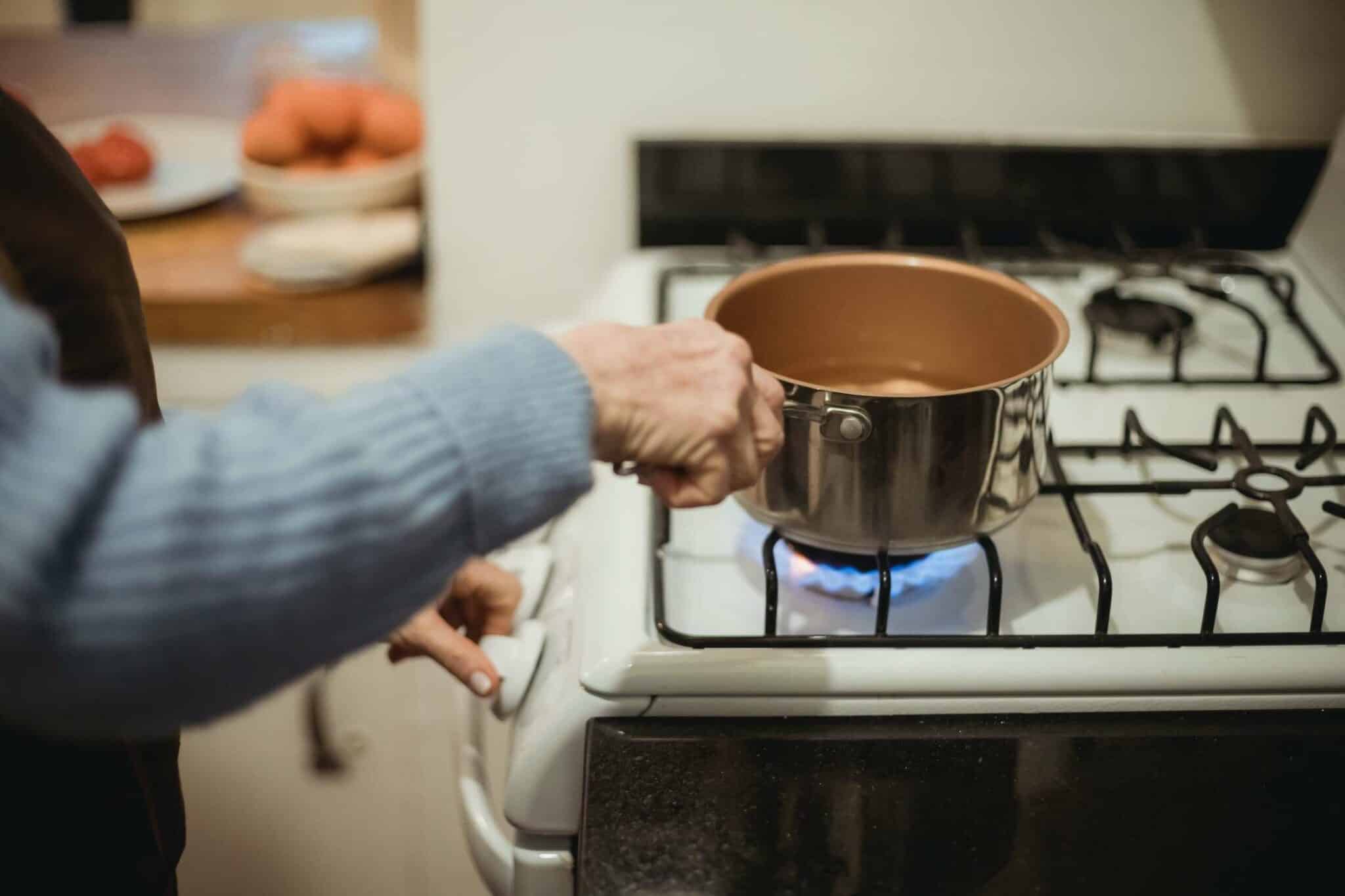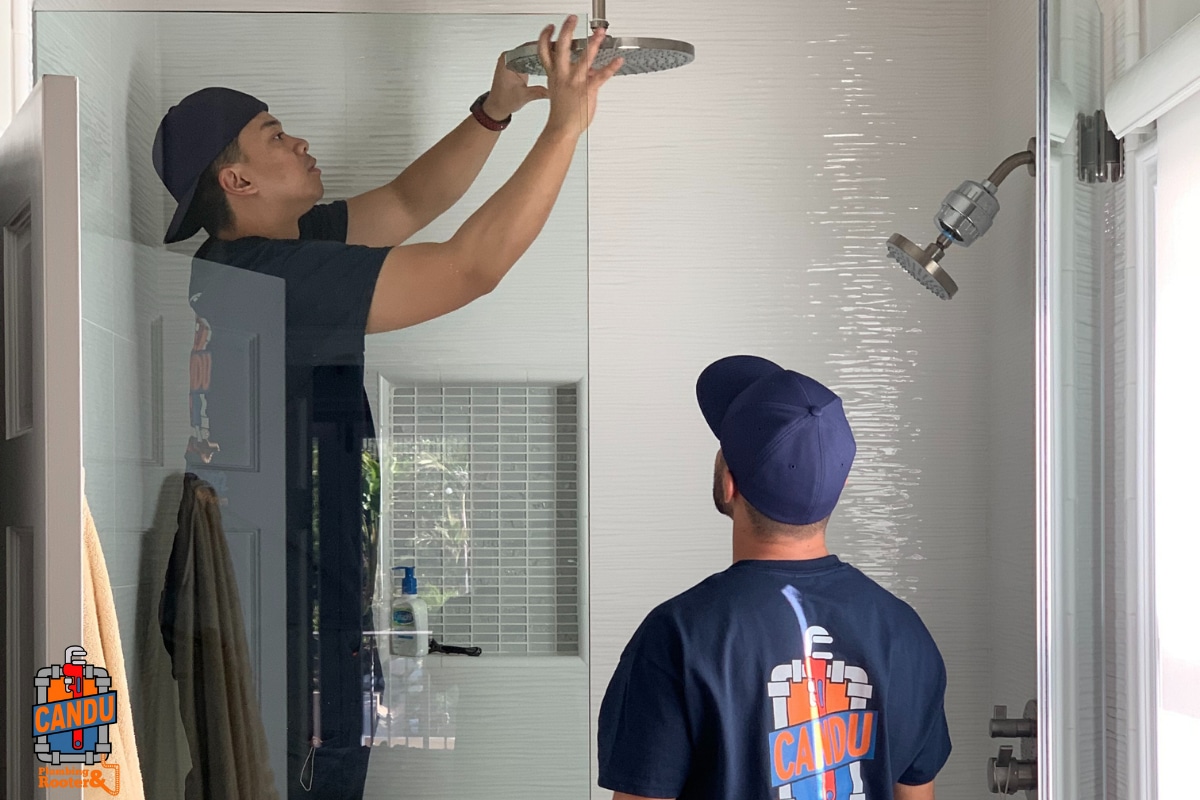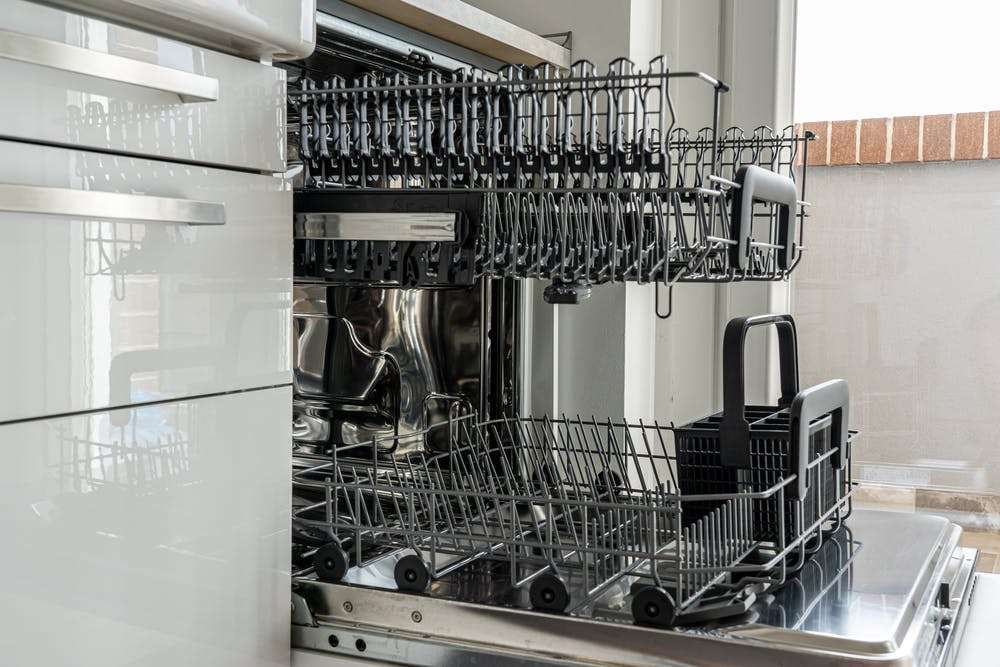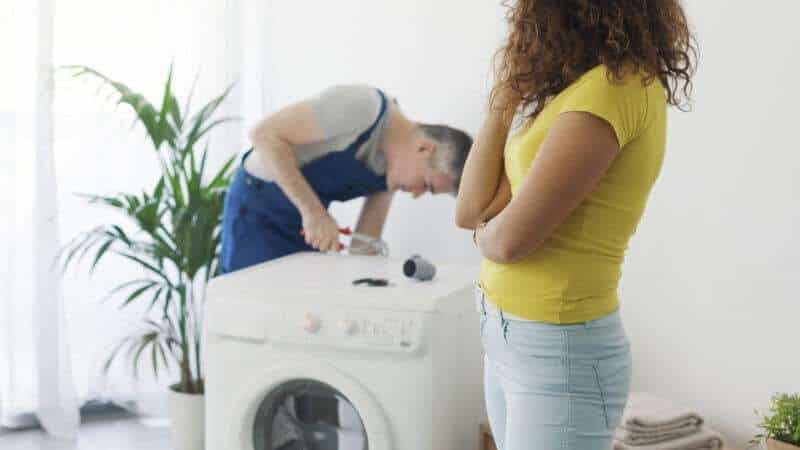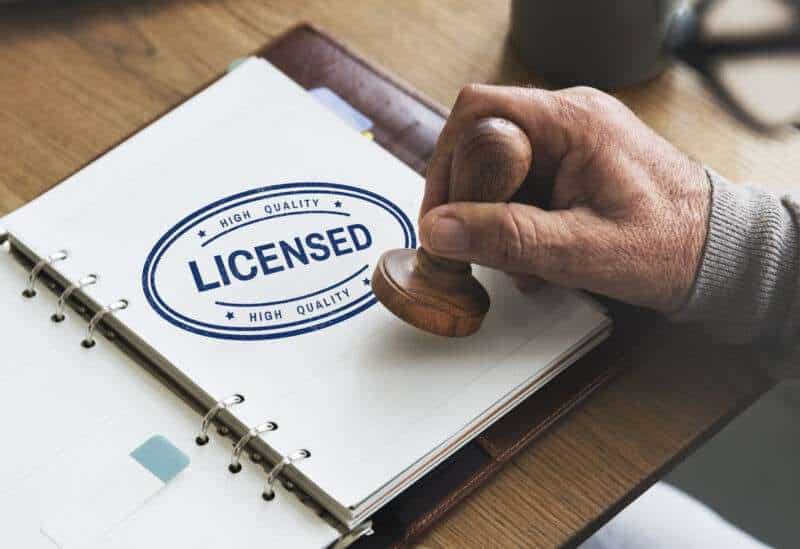Oil and natural gas play a significant role in American households. They are used to power up some of the everyday products in homes or take part as an ingredient to products used by people daily. For sure, there are one or two appliances in your house run by any gas fuel. American Gas Association said that more than 177 million Americans use it in their household. This gas is used to fire up the fireplace, fire pits, or barbecue grills. You can also cost-efficiently use your stoves and ovens, start heating and cooling, or power up the laundry dryers thanks to this fuel.
If you use natural gas for your home, you are using one of the safest gas options available. It burns cleaner fuel than others, is highly reliable, and is easier to store. Although it has many advantages and is generally non-toxic, it can also be harmful to people’s health. If the gas displaces the air in a confined space, it can cause death by suffocation.
Since it is not something people can see, it helps to know the signs to watch out for if there is a natural gas leak in your place. This article will tell you what they are and what you should do next to keep your house safe.
Home Safety Tips for Natural Gas Users
Here is what you can do to ensure the safety of your family inside your home.
1. Master How to Detect the Signs of a Natural Gas Leak at Home
While professional and emergency plumbers are ready to save you from your leak problems, they are not always in your home to notice any house issues. As a homeowner, it would be best to know the signs that your house is already experiencing natural gas leaks. The earlier you notice, the earlier you can call for immediate action.
Here are some apparent signs you can watch out for:
- You hear a hissing sound: When a substantial volume of air comes out of a tiny hole, it produces a hissing noise. When you recognize this unfamiliar sound, immediately check your appliances and pipes and find where the noise is coming from. Also, make it a habit to listen to your home.
- Your plants are dying: Another sign that could tell you something is wrong in your house is when your plants inside or outside your home start to die. The presence of natural gas stops the plants’ roots from absorbing oxygen. Therefore, leading to its withering. If you notice yellow patches on the grass or smaller leaves growing on the trees, those could be signs too.
- You smell sulfur: One way to also recognize natural gas leaks is through smell. When there is a sulfuric scent coming from one area in your home or something similar to a rotting egg, you have to have your house checked the soonest. If you do not know how rotten eggs or a sulfur smell, imagine how an old gas grill would smell when you turn it on. Similar to that, except it is present without you turning on any old appliances.
- You notice physical symptoms of gas poisoning: Observe yourself and see if you notice any signs of natural gas poisoning happening to your body. Here are the things that you usually get:
- Irregular breathing
- Headache
- Fatigue
- Dizziness
When the symptoms are ignored, and more consumption of natural gas occurs, the situation can worsen. Here are some of the things you would not want to happen to you.
- Intense forgetfulness
- Severe headaches
- Loss of concentration
- Nausea
- Loss of consciousness
- Suffocation
As soon as you notice any of these signs, it is best to call 911.
2. Regularly Inspect Your Appliances That Use Natural Gas
If you use this gas type or any other fossil fuel in your home, make it a point to inspect them regularly. Aside from smelling them or watching out for the hissing sound, it is always best to know everything you can about that unit. Refer to their manufacturer’s instructions to know the proper way to check them for any leaks. Usually, these instructions also state how frequently you should conduct your checking.
3. Install Gas and Monoxide Detectors in Your Home
Unfortunately, you cannot always rely on smell and sound as some natural gas leaks happen gradually. It can be unnoticeable and hard to determine, especially if you have a hard time hearing or smelling or are not always present in your home. One way to deal with this is by installing a natural gas detector. This step is the simplest and fastest way to get the alert you need should there be a leak occurring.
Carbon monoxide detectors, on the other hand, are made for determining carbon monoxide poisoning in the house. But somehow, this device can also alert you should there be natural gas leaks on your property. It can notify you when your appliances are not burning the gas as they should. This improper burning can result in carbon monoxide, which is harmful to your health as well.
4. Teach Your Family, Especially Your Kids, about This Topic
The best way to protect your home is if the whole family will do their fair share of observing and watching out for signs. The more that your family is aware of the signs and the possible effects of a natural gas leak, the more they can help alert you when the emergency is here.
Teach your family how to recognize the smell of gas leaking and what they should do upon discovering the scent. By exposing them to this fact, you also educate them on natural gas-powered appliances’ dangers. Teaching them the signs is essential, especially to children. You can use it as a reminder that they should not play with and stay away from these appliances.
Conclusion
Natural gas is still the safest type of fuel to use in a home. It is an efficient source of power when used correctly. Unfortunately, like the rest of your fuel options, it also has its pros and cons. When leaks occur in a house, they can cause potential fires and natural gas poisoning. Therefore, it should be handled well and with caution. Regular observation by the family or inspection from professional plumbers would give you peace of mind.
In case you already notice some signs or symptoms of natural gas poisoning, take immediate action. Candu Plumbing & Rooter is your emergency plumber in Oak Park and nearby areas. We offer gas line repair, replacement, installation, maintenance, and other plumbing services 24/7. Contact us at 855-522-2638.

